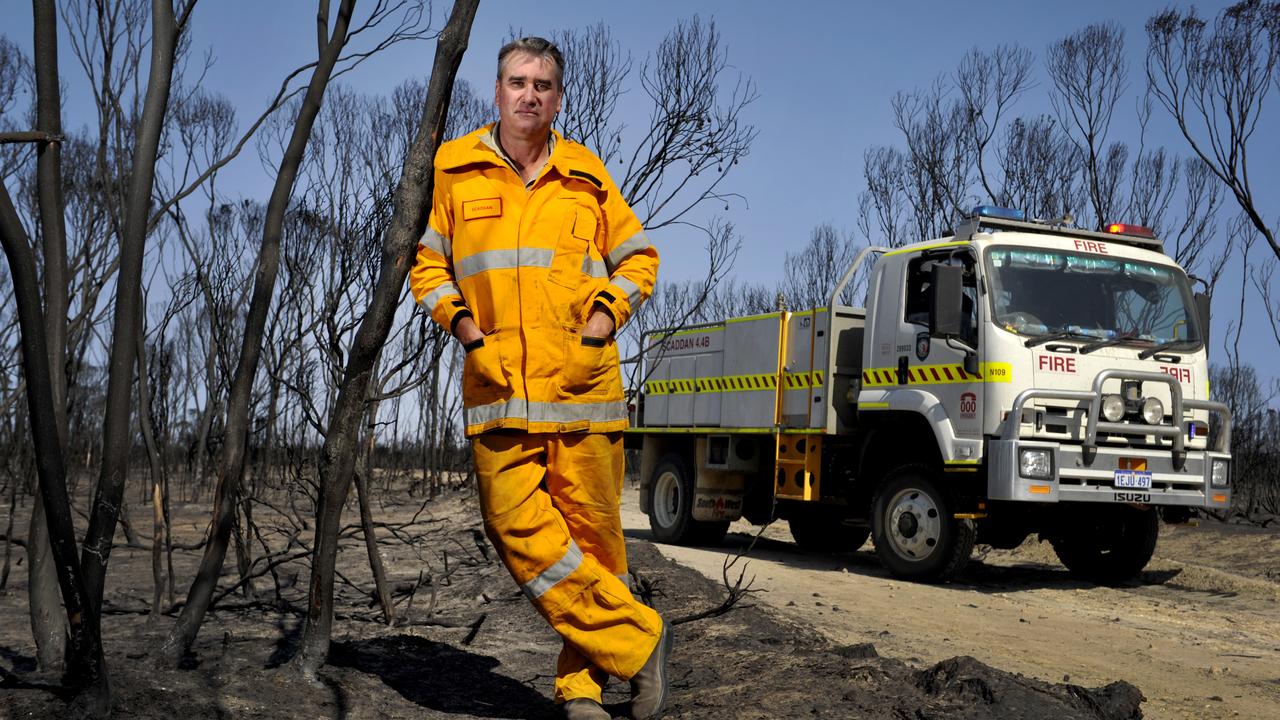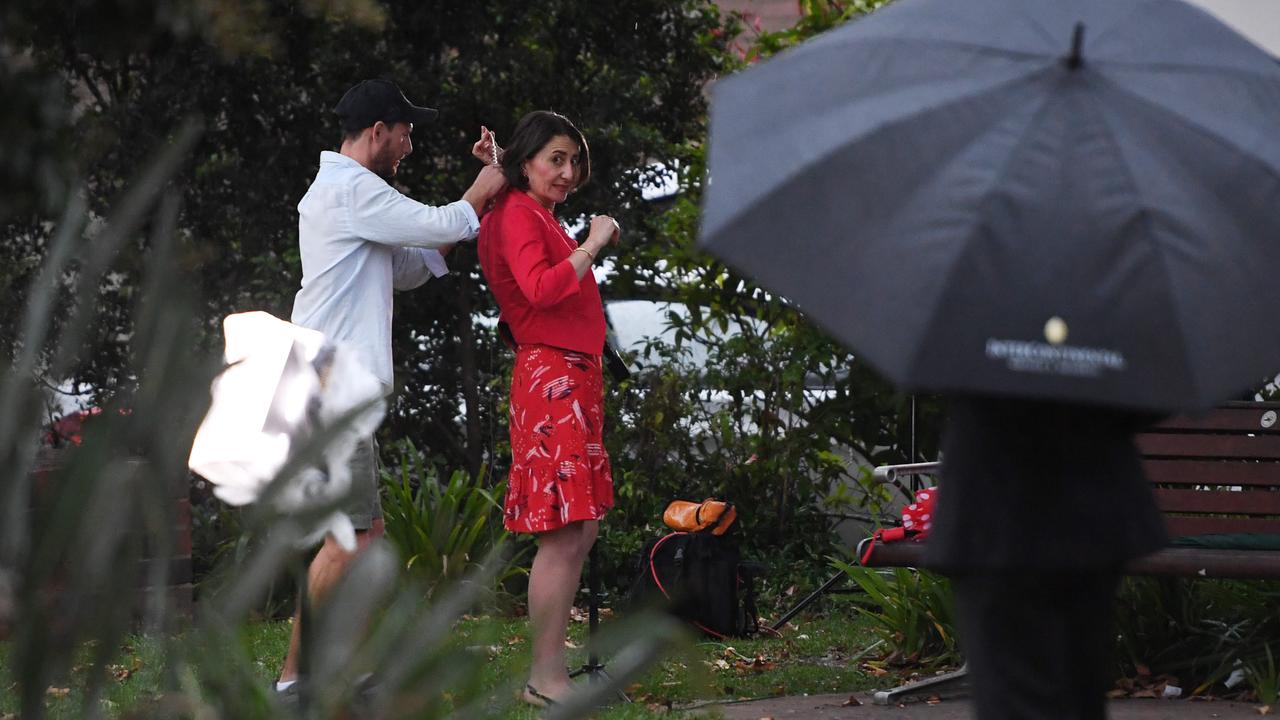Meanwhile, in Victoria: Andrews’ fighting talk is tough to read
Victorian Premier Daniel Andrews can be a hard chap to read and his comments on the Melbourne brawl deserve closer analysis.

Victorian Premier Daniel Andrews can be a hard chap to read. His strident attacks on the gang members who disrupted Melbourne’s CBD last weekend deserve closer analysis.
“I’m not interested, and neither are Victorians, is these `poor me’ stories,” Andrews said of the melee.
“Nobody had to behave the way they did on Saturday night — they chose to.”
Andrews has been widely attacked as being captive to his Left constituency; he’s brought that on himself.
But is this tough on thugs rhetoric an attempt to pull his government closer to the political centre?
The answer to this is not straightforward.
But his pledge to inflict the “full force of the law” on the rioters is at least a step into the mainstream.
While those who arrive from worn-torn countries deserve understanding, tolerance of violent behaviour is self-evidently unacceptable.
More than any Premier since Steve Bracks, Andrews is intensely political and a student of political strategy.
Which is why his “poor me” comments may mark a significant shift in rhetoric and strategy, to shore up mainstream Victoria and perhaps appease his backbench.
GUY’S DAVID CAMERON MOMENT
Victorian Liberal leader Matthew Guy channelled his inner David Cameron last night, stressing the unique and dominant role Christianity plays in Australian life.
Guy was talking to a deeply Catholic audience at the church’s annual St Patrick’s Day dinner at the Park Hyatt, which is a Who’s Who of parishioners and business that support the church or work with the church or are simply associated with the church.
David Cameron, the British Prime Minister, declared at Christmas that England was a “Christian country’’ and that “we must remember what his birth represents: peace, mercy, goodwill and, above all, hope’’.
“I believe that we should also reflect on the fact that it is because of these important religious roots and Christian values that Britain has been such a successful home to people of all faiths and none,” he said.
Guy pretty much followed the Cameron play book and it was, naturally, well received by the audience.
The St Patrick’s Day dinner is run by Catholic Education Melbourne and is attended by all political parties, bar the Greens.
Deputy Premier James Merlino, who has just emerged as a supporter of gay marriage, spent the night sitting to the left of Archbishop Denis Hart, who appears in good health.
Stephen Elder, the former Liberal MP, is the formidable executive director of Catholic Education.
Elder’s address to the audience is normally a lighthearted affair but he tackled the issue of church abuse in a forthright manner, acknowledging the sins of the fathers.
It was a measured, sensitive analysis of the church’s failures but at the same time acknowledging the work of the productive and law abiding majority.
Attendees at the dinner also included former Nationals leader Peter Ryan and Australia’s former top bureaucrat Terry Moran.

ARE ONE TERM STATE GOVERNMENTS THE NEW NORMAL?
Melbourne’s Herald Sun can be like a Jack Russell with a piece of eye fillet. It doesn’t
like letting go.
Today’s ROAD RAGE splash detailing commuter anger over gridlock in Melbourne will be worrying the government. As will the negative coverage on 3AW.
The Hun splash detailed how drivers faced 77-minute crawls to travel 14km on the West Gate Freeway between the Western Ring Rd and the Kings Way exit as workers start the $1.3bn widening of CityLink.
Congestion is a huge political factor in Melbourne is it races to become the biggest city in Australia.
As we’ve said before, there is political pain in these growth pains.
Political observers are seriously starting to wonder how Labor can navigate its way through
the congestion quagmire.
Having thrown away more than $1 billion on the defunct East West Link, Labor will go to the 2018 election on the back foot.
Regardless of the spin they put on it.
Matthew Guy has a very easy campaign to roll out. The party that threw away more than $1bn
did nothing to ease the congestion.
The double irony is that when governments do spend money on congesting easing projects, the roadworks lead to more delays.
Not an easy issue to tackle.




To join the conversation, please log in. Don't have an account? Register
Join the conversation, you are commenting as Logout